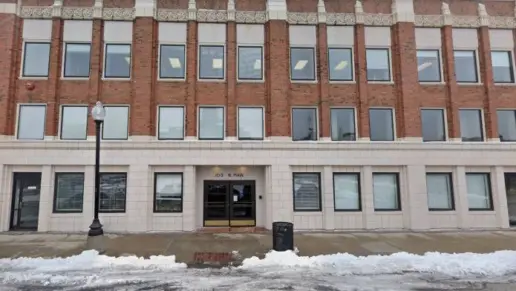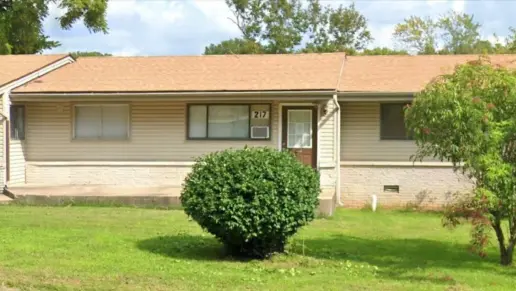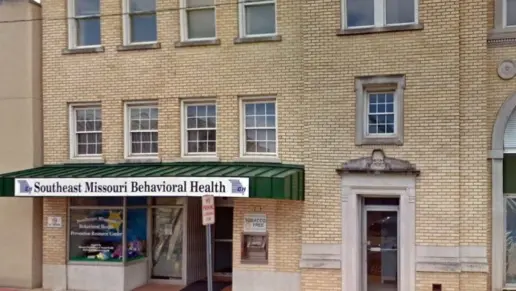About Harris House Treatment and Recovery Center
Harris House in St. Louis, Missouri, is a nonprofit traditional housing center that provides alcohol and drug addiction treatment to adults. Since 1961, they’ve provided treatment based on research and client feedback. Along with evidence based recovery services, they also offer holistic therapeutic approaches as a part of a patient’s individualized treatment plan. The programs available at this facility include detox, partial hospitalization (PHP) and inpatient (IP) and outpatient (OP) services.
Beyond treating addiction, Harris House helps clients to heal from mental health related issues. Counseling is provided for depression, anxiety and anger stress management. One thing that I like about this facility is that they provide patients with training in employment skills so they can better support themselves after recovery.
The intensive inpatient program is available to men and women who are 18 and older. Clients will participate in one individual counseling session and two group meetings every morning, and three additional group sessions in the afternoon and evening.
Harris House has two types of group sessions that are either process oriented or educational. The process oriented group sessions discuss issues such as managing feelings in a healthy way and stress management. The educational group sessions discuss relapse avoidance, trigger identification and other related issues.
Weekly family counseling sessions are available to involve the family in the client’s substance abuse treatment plan. These sessions will typically focus on healing relationships and educating the family on how to support the client’s addiction recovery.
The intensive outpatient program is an option for working adults that lasts four to twelve weeks or longer if needed. Clients will learn to control impulses, set healthy boundaries and increase their self esteem. Counselors help patients to achieve this through holistic therapeutic approaches such as dialectical (DBT) and cognitive behavioral therapy (CBT).
They also feature transitional housing for young adults who’re ready to enter sober living. You’ll have more independence to find steady work and daily living routines. At the same time, you’ll also attend classes and meet with fellow residents to undergo group work and chores.
Rehab Score
Gallery
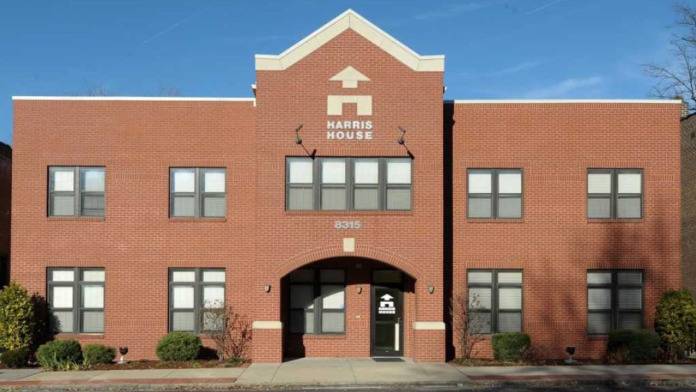
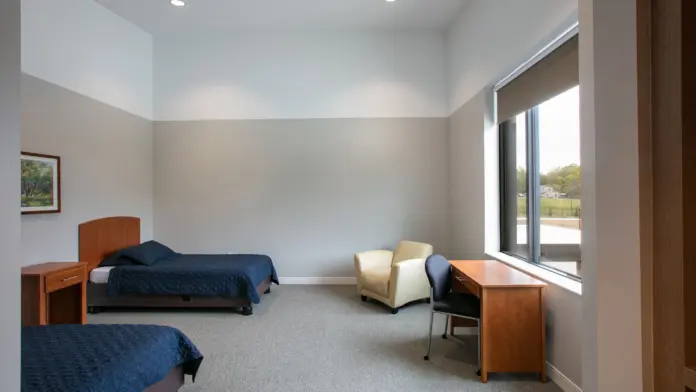
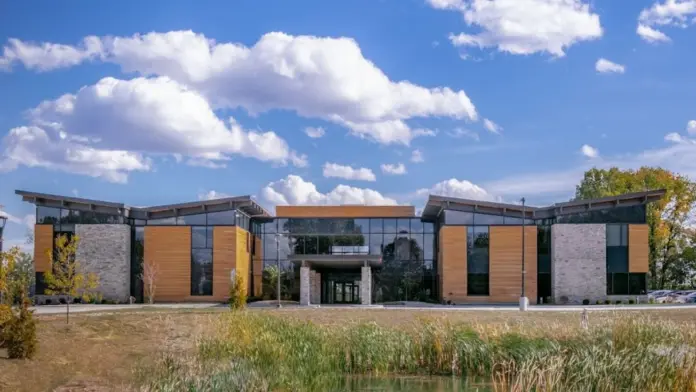
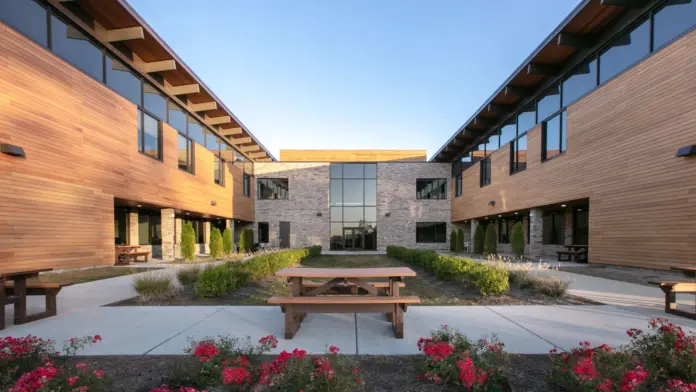
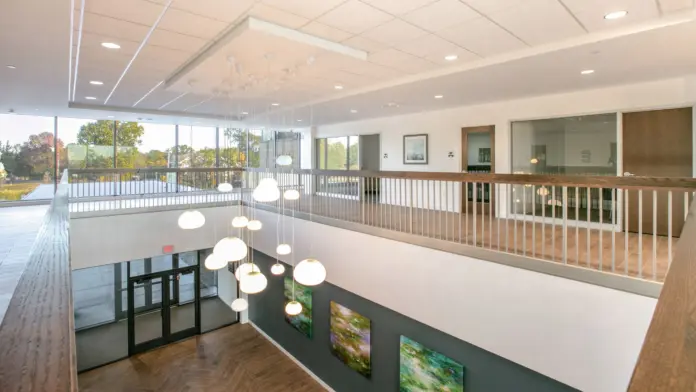
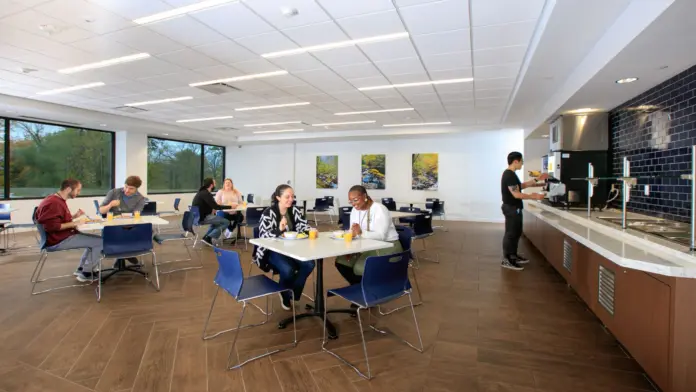
Location
Accepted Insurance
Other Forms of Payment
Private insurance refers to any kind of healthcare coverage that isn't from the state or federal government. This includes individual and family plans offered by an employer or purchased from the Insurance Marketplace. Every plan will have different requirements and out of pocket costs so be sure to get the full details before you start treatment.
Self-pay involves paying for treatment out of your own pocket. You can use savings or credit, get a personal loan, or receive help from family and friends to fund your treatment. If you don't have insurance or your insurance plan doesn't cover a specific program, self-pay can help ensure you still get the care you need.
Financial aid can take many forms. Centers may have grants or scholarships available to clients who meet eligibility requirements. Programs that receive SAMHSA grants may have financial aid available for those who need treatment as well. Grants and scholarships can help you pai for treatment without having to repay.
Military members, veterans, and eligible dependents have access to specific insurance programs that help them get the care they need. TRICARE and VA insurance can help you access low cost or no cost addiction and mental health treatment. Programs that accept military insurance often have targeted treatment focused on the unique challenges military members, veterans, and their families face.
Addiction Treatments
Levels of Care
Programs



Clinical Services
The goal of cognitive behavioral therapy in Missouri is to help clients change their thinking and behavioral patterns. Strategies of treatment include role playing, facing fears, and calming techniques.
A complete course of dialectical behavior therapy typically takes six months. Skills training happens in a group setting. You'll also attend weekly individual treatment sessions to receive coaching from a therapist. You'll work on understanding and accepting your feelings and learn how to manage them to make positive changes.
Peer support within a group therapy session in Missouri allows you to interact with your peers who are also struggling with drug addiction. You can share your stories and learn how to express your emotions openly in a non judgmental setting. These strategies help to reduce your feelings of isolation which are often associated with addiction.
In Missouri, therapists and patients work closely in individual therapy to address the personal challenges and triggers that drive addictive behavior. Using a customized approach helps foster self awareness so you can make positive changes toward a healthier, substance free life.
Motivational interviewing is a short term method often used during drug rehab in Missouri. It typically lasts one or two sessions, with the goal of facilitating conversation about change. The client should leave the sessions feeling more decisive and secure in their ability to make the changes they desire in their life.
Within a trauma therapy environment, you have a structured approach to healing from past traumatic events that you witnessed or experienced. You are guided to understand your response and then develop healthier coping skills and mechanisms that Foster greater empowerment and recovery.
Couples therapy in Missouri deals with the problems each partner has within themselves and with each other. Sessions may be held jointly and others individually to address these issues and help each partner learn how to manage challenges in healthy ways.
Family therapy sessions help individual family members in Missouri learn to improve their communication skills and understand how the family dynamic is both affected by addiction and affects their loved one's addiction. Therapists work with individual members to identify and modify negative behaviors which helps create a more supportive home environment.
Life skills give you the ability to maintain healthy relationships, complete day to day tasks, and cope with challenges. Because substance use disorder often diminishes these skills, rehab in Missouri includes integrated life skills training to rebuild and reinforce these abilities.
Experiential therapy is not limited to one type of intervention. It includes a variety of hands on interventions that focus on creativity, emotions, personal interactions, and reflection. These activities can bring attitudes and feelings to the surface that are otherwise buried and allow you to work through them and learn from them.
Amenities
-
Residential Setting
-
Private Rooms
Accreditations

The Commission on Accreditation of Rehabilitation Facilities (CARF) is a non-profit organization that specifically accredits rehab organizations. Founded in 1966, CARF's, mission is to help service providers like rehab facilities maintain high standards of care.
CARF Accreditation: Yes
Contact Information
8315 South Broadway
Saint Louis, MO 63111










